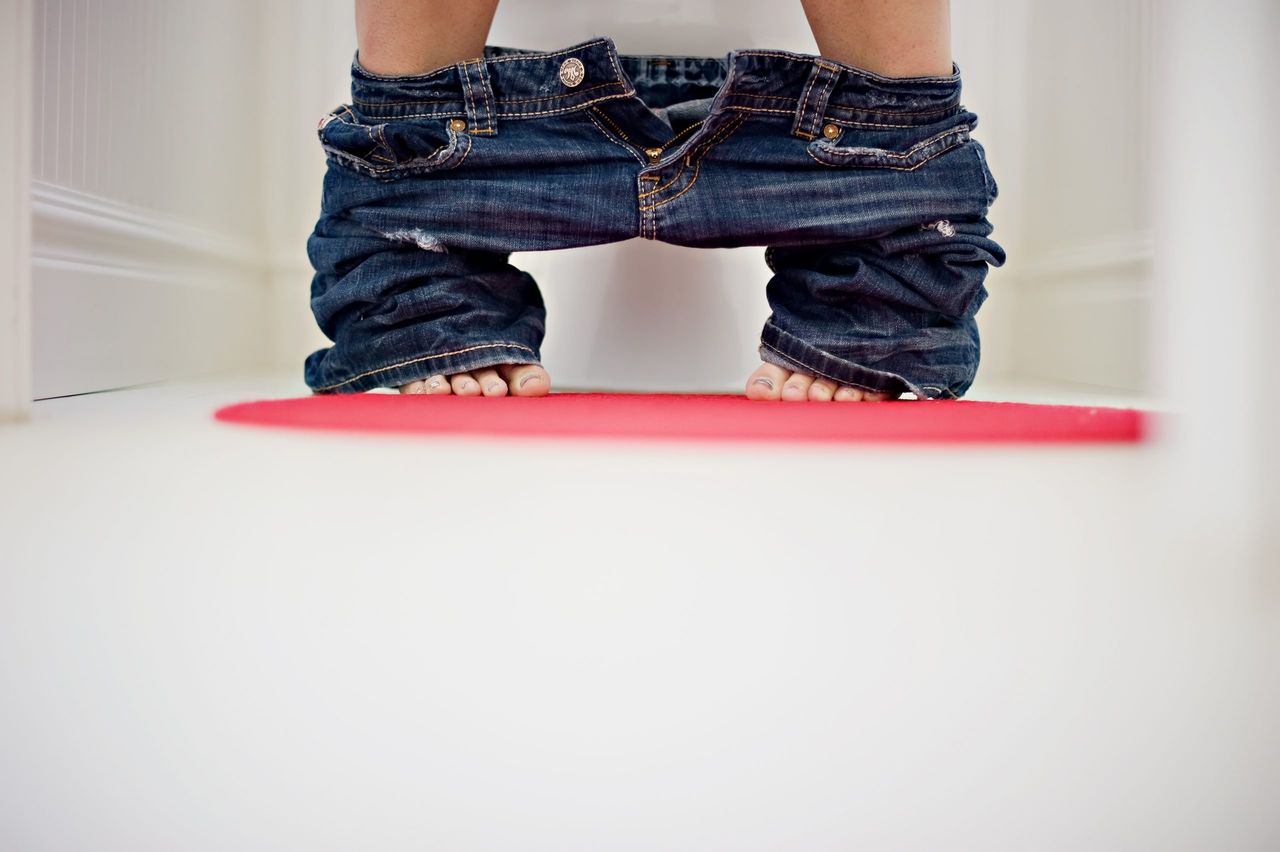How to get your child to use the loo when they don’t want to poo
Reasons can range from a painful experience to fear of the toilet, say experts

Potty training is perhaps one of the biggest hurdles for parents to face when their child is growing up.
From persuading their little one to use the potty or toilet, to helping them wipe and wash their hands. Then there’s making sure you help when they have an accident. But what about when they won’t go, specifically when they won’t poo? It might sound strange but for many children this is an issue, and in fact one in three suffer with constipation.
Changes in lifestyle – anything from a holiday or a change in diet to starting nursery where there’s a different toilet to the one they’re used to – can really affect a child’s ability to ‘go’, and if they are fearful after a painful experience, for example with constipation, then that can get worse.
Alina Lynden is from ERIC – The Children’s bowel and bladder charity, and says that while running the charity’s helpline there could be days where most of the calls were from parents whose children would wee, but not poo.
"Stool withholding is the name we give it," she explains. "It can happen for all kinds of different reasons. Potty training is the first time that children have to take control of their body," says Alina. "And for some of them it feels like they are losing part of themselves when they poo. Some are worried about the splash it might make, especially children with Autistic Spectrum Disorder, as it’s a sensory thing.:
How to get your child to use the loo when they are refusing to go
Don’t say ‘yukky!’
Turning the idea of poo into a smelly, ‘yukky’ item can exacerbate the problem, warns Alina. Instead, get them involved in changing their clothes
Look at the circumstances
Take time to analyse what might have triggered your child not wanting to poo. Has there been a change in diet, routine or something like a holiday? A flight can be a trigger, for example, or not wanting to poo somewhere unfamiliar like a public toilet with a ‘scary’ hand drier.
GoodtoKnow Newsletter
Parenting advice, hot topics, best buys and family finance tips delivered straight to your inbox.
MORE: Best potties: Which is the best potty for toilet training?
Have ‘toilet time’
Allowing a child to just sit on the potty can help things move more freely, and can dispel the fear of the potty, says Alina. Instead of making it just about the poo, sit them down, get a book and even a game, and let them sit there while things get going and learn to use the muscles. Remember to say ‘toilet time’ instead of ‘having a poo’. Then it’s not about the poo!
Be wary of constipation
One of the problems that can occur is children getting into a cycle of having a bad experience – such as constipation or an accident – then not wanting to poo, so holding it in, then becoming constipated. The constipation is then painful, and the problem builds.
A nappy is better than an accident
If your child will only poo in a nappy it might be tempting not to let them, as it feels like you’re going backwards. But the alternative is an accident or them holding the poo in. So it’s better to let them use the nappy again while you get into that toilet routine, advises Alina. ‘Meet them where they are,’ she says. ‘There are ways of moving things on from a nappy to the toilet.’
Try an app
The Poo goes home to Pooland app might make you giggle with its name but it’s a highly successful tool for parents. Designed by the Northumberland, Tyne and Wear NHS Foundation Trust, the app helps children understand they’re not to blame for having issues with pooing.
Be a team
Whether you’re a sole carer, in a relationship or co-parenting, the most important thing is for everyone who looks after your child to have the same routine with them when it comes to poo time. That means everyone from grandparents to aunties or uncles.
Consider a laxative
Children can take laxatives, and it’s ok to use them if you think it’s necessary. Speak to your pharmacist if you want reassurance. And in the meantime, remember that patience is key!